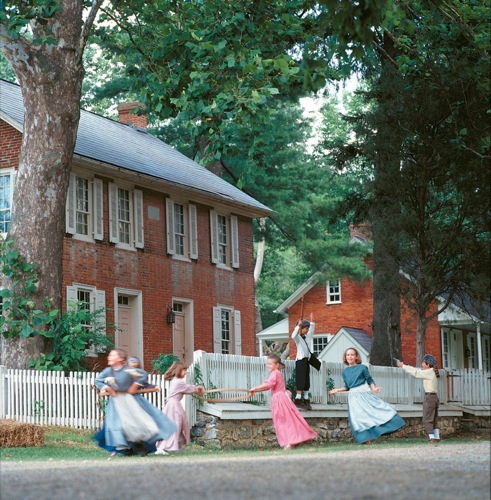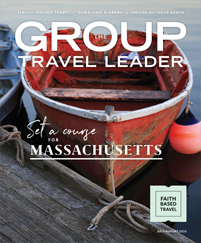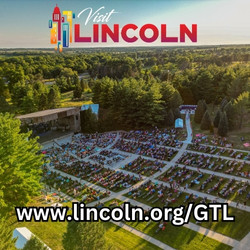
Courtesy Landis Valley Village and Farm Museum
Although the Amish are closely associated with Pennsylvania Dutch Country, Lancaster County and central Pennsylvania have a rich history and heritage beyond the Amish.
The Landis Valley Village and Farm Museum in the town of Lancaster is a living-history site that interprets 200 years of Pennsylvania German heritage.
“We call it our mini-Williamsburg,” said Audrey Bialas, director of tourism sales for the Pennsylvania Dutch Convention and Visitors Bureau. “It gives a good glimpse into what life was like in Pennsylvania with its German heritage.”
The 100-acre museum, which covers from the mid-1700s to the mid-1900s, features a Victorian village with more than 40 historic structures and authentic farmsteads with historic breeds of animals.
“Costumed guides and interpreters throughout the village carry on the daily activities of farmers, craftspeople, tradespeople and merchants. There is a blacksmith, open-hearth cooking, someone in the general store,” said Bialas
There are a variety of themed, guided tours for groups, which also include a 13-minute introductory video, shopping in the museum store and meal options in the 1856 Landis Valley House Hotel and Tavern.
The Railroad Museum of Pennsylvania in Strasburg, considered one of the top railroad museums in the country, features a collection of more than 100 historic locomotives and cars along with artifacts that trace the history of railroading.
Visitors can climb into the cab of a freight locomotive, explore a caboose, tour an early-20th-century passenger station, inspect a 62-ton locomotive from beneath or watch the restoration of historic locomotives.
Across the street from the museum at the Strasburg Rail Road, groups can ride authentically restored cars pulled by a coal-burning steam locomotive on a 45-minute tour through the scenic countryside with a stop at Paradise, Pa.
“Wheatland was the home of President James Buchanan, Pennsylvania’s only president,” said Bialas.
The two-story Federal-style house in Lancaster has 17 rooms furnished with period furniture, much of which belonged to Buchanan, the nation’s 15th president. The house is little changed from when Buchanan died there in 1868. He is buried in Lancaster’s Woodward Hill Cemetery.
The Ephrata Cloister, a national historic landmark, was the home of an early-1700s German religious community. Tours feature the cloister’s unusual architecture and the music and Fraktur typeface printing of the brothers and sisters who resided there.
Walking tours of downtown Lancaster, which served as the nation’s capital for a day during Colonial times, showcase the town’s rich history and heritage, such as its role in the Underground Railroad.
Stops may include the Lancaster Central Market, one of the oldest continuously operating farmers markets in the nation; the Lancaster Cultural History Museum; the Lancaster Quilt and Textile Museum; the Demuth Museum, home of Lancaster native and renowned artist Charles Demuth; and the Fulton Opera House, one of only three operating national historic landmark theaters in the country.











